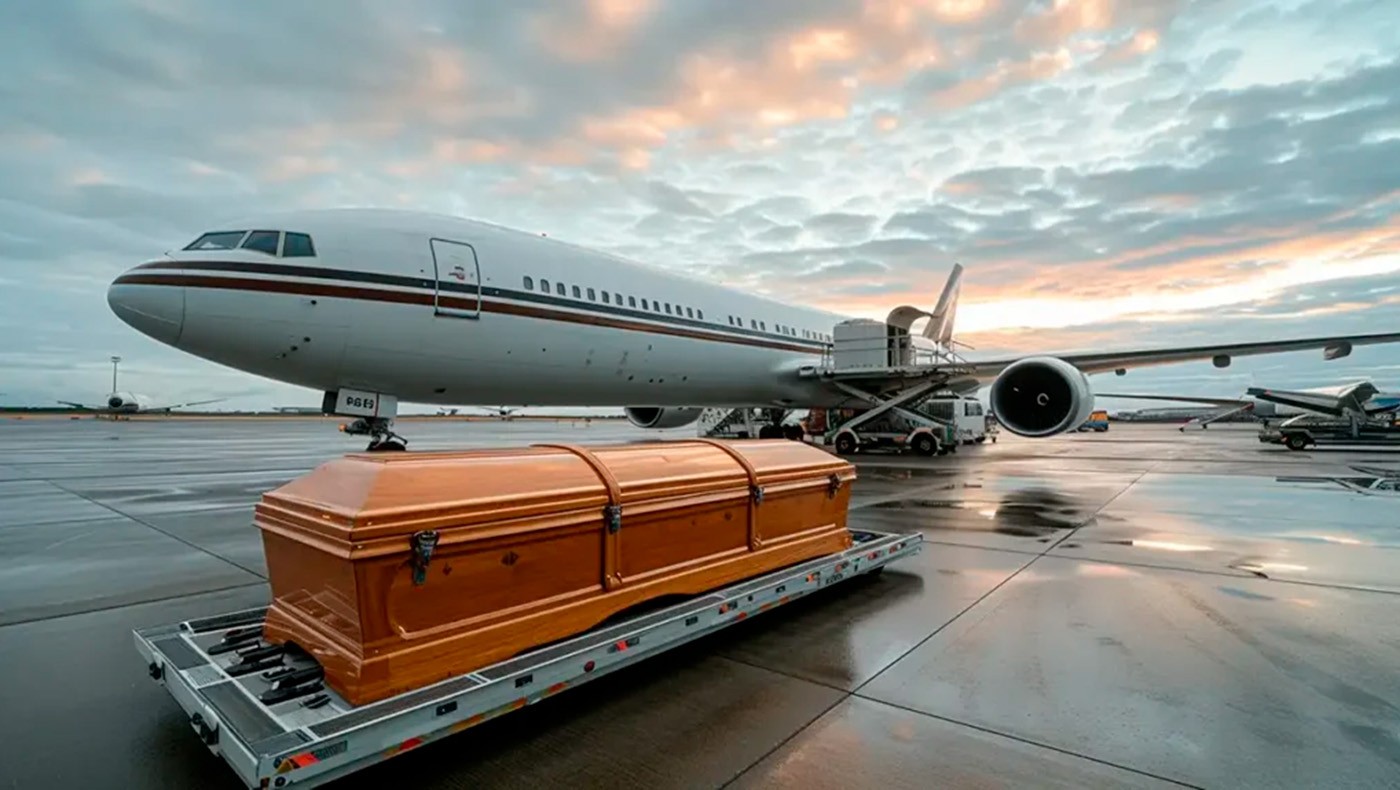
Understanding the Process of Deceased Transportation
When someone passes away far from home, families often rely on funeral homes to help bring their loved one back for burial or cremation. Whether transporting within the same country or internationally, it is essential for funeral homes to work with an experienced provider in deceased transportation to manage legal documentation, airline regulations, and customs requirements.
Navigating the Complexities of Deceased Transportation
The first and most critical step in the deceased transportation process is securing all the necessary paperwork. The specific documentation required can vary depending on where the person passed away, whether it’s domestic deceased transportation or international repatriation of the dead.
- Certified death certificate: Regardless of the location, a certified death certificate is essential. It verifies the cause of death and serves as an official record for transport.
- Burial or transit permit: For domestic deceased transportation, this permit is typically issued by local authorities, allowing remains to be moved from one city or state to another. For international deceased transportation, this permit is also necessary, and additional permits may be required depending on the country.
- Consular or embassy approval (for international shipments): If the death occurred outside the home country, consular paperwork and repatriation of remains become necessary. This involves coordinating with consulates or embassies to secure the necessary approvals and ensure the transport complies with international regulations. Different countries have different legal requirements, which is why working with a specialized funeral transport service is crucial.
Each step ensures that the remains are legally cleared for transport, whether moving across the country or internationally, respecting both the local and international regulations.
Preparing the Remains for Deceased Transportation
Before the body can be moved, preparation is key to ensure the transport is handled with care and is in compliance with health and safety standards.
-
Embalming: For international deceased transportation, embalming is often required to preserve the body during transit, especially for long-distance flights.
-
Casket Selection: The remains are placed in a sealed, airline-approved casket or container, which must meet international standards to be safely transported.
Choosing the Right Mode of Transport
Once the paperwork and preparations are in place, it’s time to decide the best transport method based on the destination and distance.
- Ground transport: For short distances or domestic funeral transport services, remains are typically moved by specialized vehicles, ensuring safe and respectful handling throughout the journey.
- Airline cargo: For international deceased transportation, airline cargo is often the best option. Cargo Sales International works with airlines to ensure the remains are handled properly from takeoff to arrival, complying with the regulations of both the departure and destination countries.
Arrival and Delivery to the Final Resting Place
Upon arrival, the remains are carefully handled and transported to the final destination—whether it’s a burial site, crematorium, or other location. This part of the deceased body transport process also involves making sure the family and funeral home are informed of the arrival, ensuring closure and peace of mind.
Why Choose Cargo Sales International for Your Deceased Transportation Needs
At Cargo Sales International, we specialize in funeral transport services, ensuring that all aspects of the deceased transportation process are executed with professionalism, care, and attention to detail. Whether it’s managing the repatriation of remains or ensuring that mortuary shipping is handled correctly, we support funeral homes every step of the way. We are experienced in managing all the legal and logistical steps to ensure that funeral shipping services go smoothly, whether it's a simple domestic deceased transportation or a complex international transfer.



